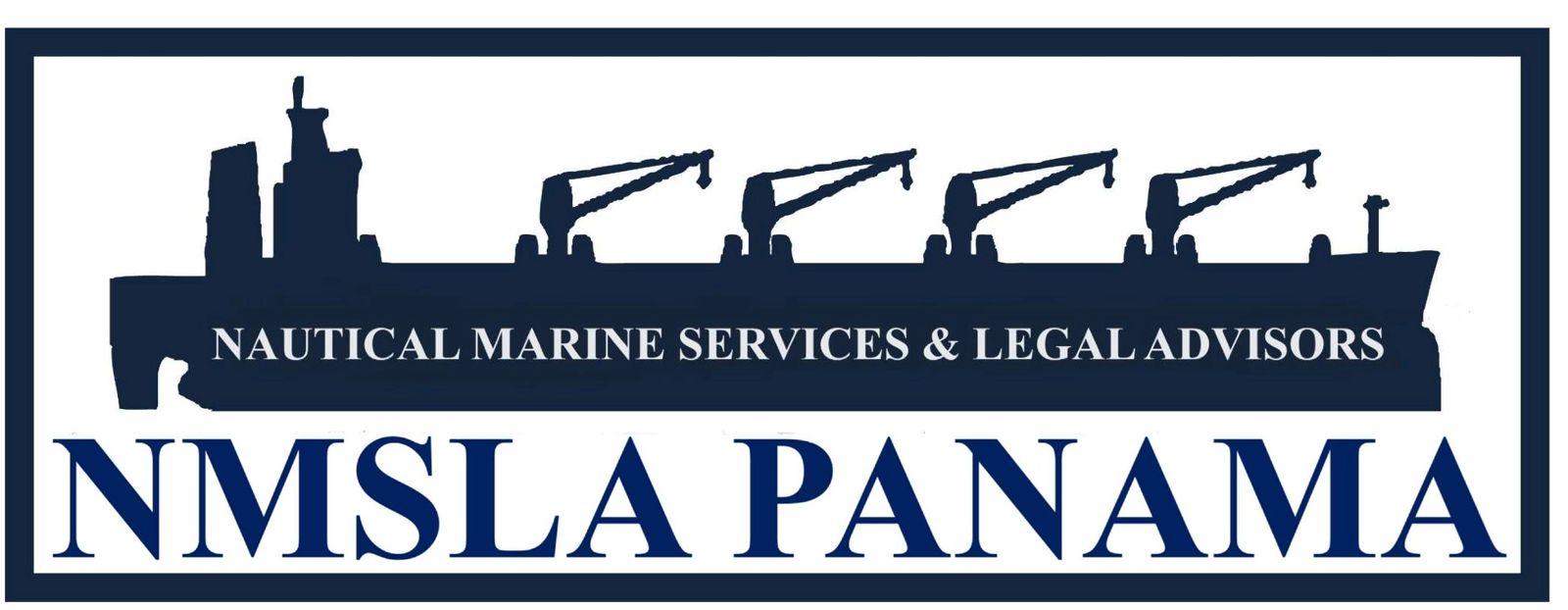Class and Statutory Certification, ISM/ISPS/MLC 2006 Audits
Class and statutory certificates referred to as trading certificates or technical certificates are in most cases issued by independent organizations called “Recognized Organizations” approved by the flag state of the ship to issue such certificates
A recognized organization can be authorized to issue all certificates or some of them or even one certificate
Class hull and machinery under most flag does not the issuing entity to be approved by the flag state
All class and statutory certificates require survey by competent surveyor; competent surveyor means approved surveyor by RO after complying with all requirement if the administration (flag state)
In most cases Interim certificates are issued for five months (according to most convention Interim is valid for up to six months)
Interim certificates are issued after satisfactory completion of survey for each certificate in hand
After filing all survey reports, recognized organization head office issues full term certificates which is valid up to five years subject to periodical survey: Annuals, Intermediate and renewals
Also we carried out ISM/ISPS/MLC 2006 audits and certification on behalf of various R.O. and non IACS classification societies as exclusive and appointed surveyor/auditor
Marine Casualty investigations
Our key personnel maritime professionals are specialized Marine Casualty investigators assignments in major casualties investigation on behalf of Flag State Administration.
Machinery Failure Investigation, COLREG Investigations and Grounding Investigations
Condition Surveys (On/Off Hire Surveys), Bunker Surveys, Damage Surveys, Pre Purchase Surveys, Repairs Appraisal, etc.
Internal Audits and Navigation Audits at Panama Canal
Our Auditors go onboard and discuss the scope of attendance. It’s understood and detailed by the company that certain number of hours shall be dedicated to program every single day of attendance. This shall include interviewing each officer and carry out minimum set of trainings / PPT presentations, real-time assessments and open forums.
The audit process consists as a minimum of the following elements:
- Navigational skills and procedures assessment
- Passage Planning in compliance with SMS and industry requirements
- Bridge Records, associated checklists and entries
- Bridge Team Management / Resource management
- Bridge Team – Pilot interface
- ECDIS / Nautical Charts, Publications and Chart corrections
- Notices to Mariners (NTM) and Tracings
- Navigation Officer duties and responsibilities
- Watch-keeping Officer duties and responsibilities
- Officers understanding of Navigational instruments & Bridge Equipment
- Mooring Operations (TMSA Element 6A)
- Identification of Best Practices
- Assessing behavioral attributes of Bridge team
- Evaluation of the bridge team basis Professional knowledge, Navigation practices, Compliance & Soft skills assessment
Our Auditors are suitably qualified with relevant experience, knowledge & updated with our own pool of recurring findings.
Our Auditor will
- Use checklists / questionnaires as per industry (SIRE/VIQ) and Oil Majors’ standards.
- Analyze audit results to identify weak areas, training needs and trends.
- In-house developed questionnaire basis repetitive findings over a period of time
The audits may be complemented by Training of bridge team on:
- Bridge Procedures and Implementation
- Situational Awareness and Voyage Monitoring
- Navigation under Critical Situation
- Risk Assessment related to Navigational Safety and Passage Planning
- Passage Planning Details and Implementation
- Human Element (Stress, Complacency and Distraction)
- Mariner’s Fatigue and Error Chains
- Communication
- Pilot/ Bridge Team Integration
- Teamwork Management
- Chart corrections and Log Book Entries
- Navigation-related drills
- Verification of rectification of any deficiencies noted during vetting, PSC inspections, etc.
- The service is provided during real time navigation, in accordance with TMSA2, Element 5.
- Detailed reports are provided reflecting the navigational practices based on the client’s procedures and applicable requirements. The value of Final de-brief is most significant when despite a potential of disagreement, we need to highlight gaps and suggest improvements.
If you need any of the above scope of surveys or any other, do not hesitate to contact us at:
